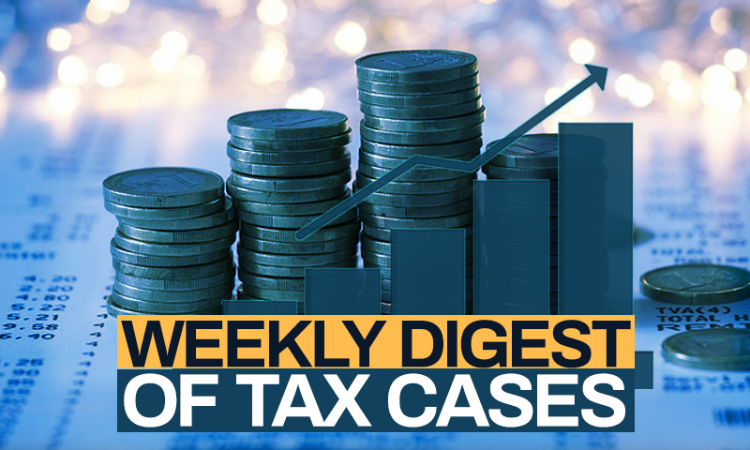Next Story
5 Dec 2022 2:00 PM IST
Supreme Court Section 45(4) Of Income Tax Act Applicable To Cases Of Subsisting Partners Of A Partnership Transferring The Assets In Favour Of A Retiring Partner: Supreme Court CASE TITLE: The Commissioner of Income Tax v. M/s. Mansukh Dyeing and Printing Mills Citation : 2022 LiveLaw (SC) 991 A Supreme Court bench comprising Justices M.R. Shah and M.M. Sundresh held that...

